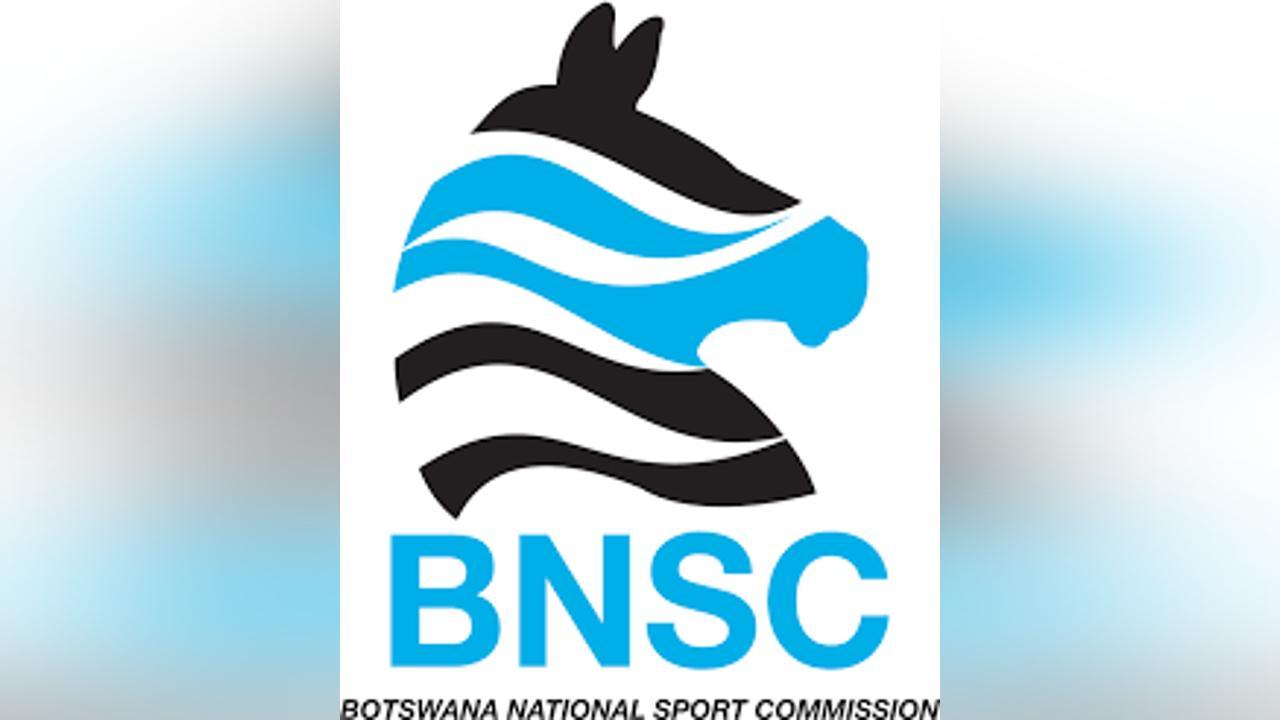Africa-Press – Botswana. The Advanced Sports Management Course (ASMC) remains one of the flagship programmes adopted by the Botswana National Sport Commission (BNSC) to empower sport administrators.
Speaking at the ASMC class of 2024-25 graduation and 2025-26 opening in Gaborone on August 15, BNSC chairperson Marumo Morule said administrators were partners in delivering the National Sport and Recreation Policy objectives as well as strengthening high-performance pathway.
He thus noted the importance of strengthening compliance frameworks and governance standards through training.
Morule said the graduates’ work aligned directly with BNSC mandate that ensured that sport in Botswana was managed ethically, efficiently, and sustainably.
He reminded them of their task which include facilitating partnerships with government, private sector, and international bodies for funding, technical assistance, and knowledge exchange.
He also challenged them to promote digital transformation in sport management, from registration systems to performance analytics and encourage initiatives that linked sport with national development priorities, such as health, education and community cohesion.
Botswana National Olympic Committee (BNOC) president Botsang Tshenyego said ASMC was one of the flagship initiatives supported by Olympic Solidarity, the development arm of the IOC mandated under Rule 5 of the Olympic Charter.
At its core, he said was capacity building, ensuring that the people who lead, govern, and develop sport had the skills, integrity, and vision to make a lasting impact.
Tshenyego said the 2025–2028 Quadrennial Olympic Solidarity Plan reinforced this priority with increased resources and a focus on gender parity, athlete support, and inclusion.
“These are not just buzz international goals, they are essential for building a resilient and inclusive sport system here in Botswana,” he said.
Furthermore, he said National Olympic Committees were incentivised to provide equal access to the training opportunities, striving for a minimum of 40 per cent women participation.
“As members of the sport fraternity, we must remember that our legacy should be more than medals, but also about stronger institutions, empowered communities, and a healthier environment for future generations,” he said.
For More News And Analysis About Botswana Follow Africa-Press






